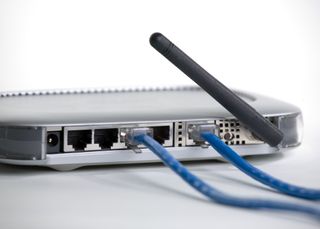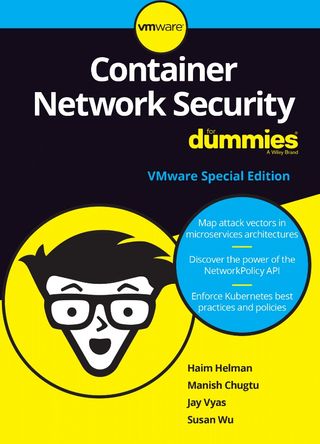NetUSB flaw exposes millions of routers to remote code execution
The vulnerability impacts devices from Netgear, TP-Link, D-Link, and Western Digital

Security researchers have warned of a vulnerability that exposes millions of routers to remote code execution.
SentinelOne researcher Max Van Amerongen discovered the bug while experimenting with router code as part of the Pwn2Own ethical hacking competition. The flaw lies in NetUSB, a program written by software developer KCodes.
This program, which ships in millions of routers, allows remote computers to access devices on a local area network as though they were connected via USB. A typical use case would be connecting to a printer remotely.
The bug, CVE-2021-45608, is a buffer overflow vulnerability. NetUSB takes a value from the remote PC and then adds its own number, using the result to calculate what else is read from the remote PC. The program doesn't validate the initial value, making it possible to produce a larger result than intended.
An attacker could use this to write more data than the program expected into the kernel, potentially enabling them to send commands that could execute on the router.
There are some restrictions that make the bug difficult to exploit, including limits on the size of the code sent. Nevertheless, SentinelOne says that it's worth addressing.
"While these restrictions make it difficult to write an exploit for this vulnerability, we believe that it isn’t impossible and so those with Wi-Fi routers may need to look for firmware updates for their router," it said.
Get the ITPro. daily newsletter
Receive our latest news, industry updates, featured resources and more. Sign up today to receive our FREE report on AI cyber crime & security - newly updated for 2024.
Routers affected include those from most major manufacturers including Netgear, TP-Link, D-Link, and Western Digital. KCodes confirmed on December 19 that it had sent the patch to all vendors, and Netgear released an advisory the following day.
Router bugs are especially pernicious because they often affect home and small business users, targeting devices that people rarely remember to update. That means these devices can pave the way for malware infections that join the routers to botnets or change DNS settings, taking users to malicious sites. When bugs target programs used across many vendors, the target base can be huge.
2019 saw a massive UPnProxy vulnerability render millions of routers vulnerable to attack. More recently, Sky Broadband was found to have dragged its feet fixing a flaw that exposed its users' home networks to hackers.
Danny Bradbury has been a print journalist specialising in technology since 1989 and a freelance writer since 1994. He has written for national publications on both sides of the Atlantic and has won awards for his investigative cybersecurity journalism work and his arts and culture writing.
Danny writes about many different technology issues for audiences ranging from consumers through to software developers and CIOs. He also ghostwrites articles for many C-suite business executives in the technology sector and has worked as a presenter for multiple webinars and podcasts.






